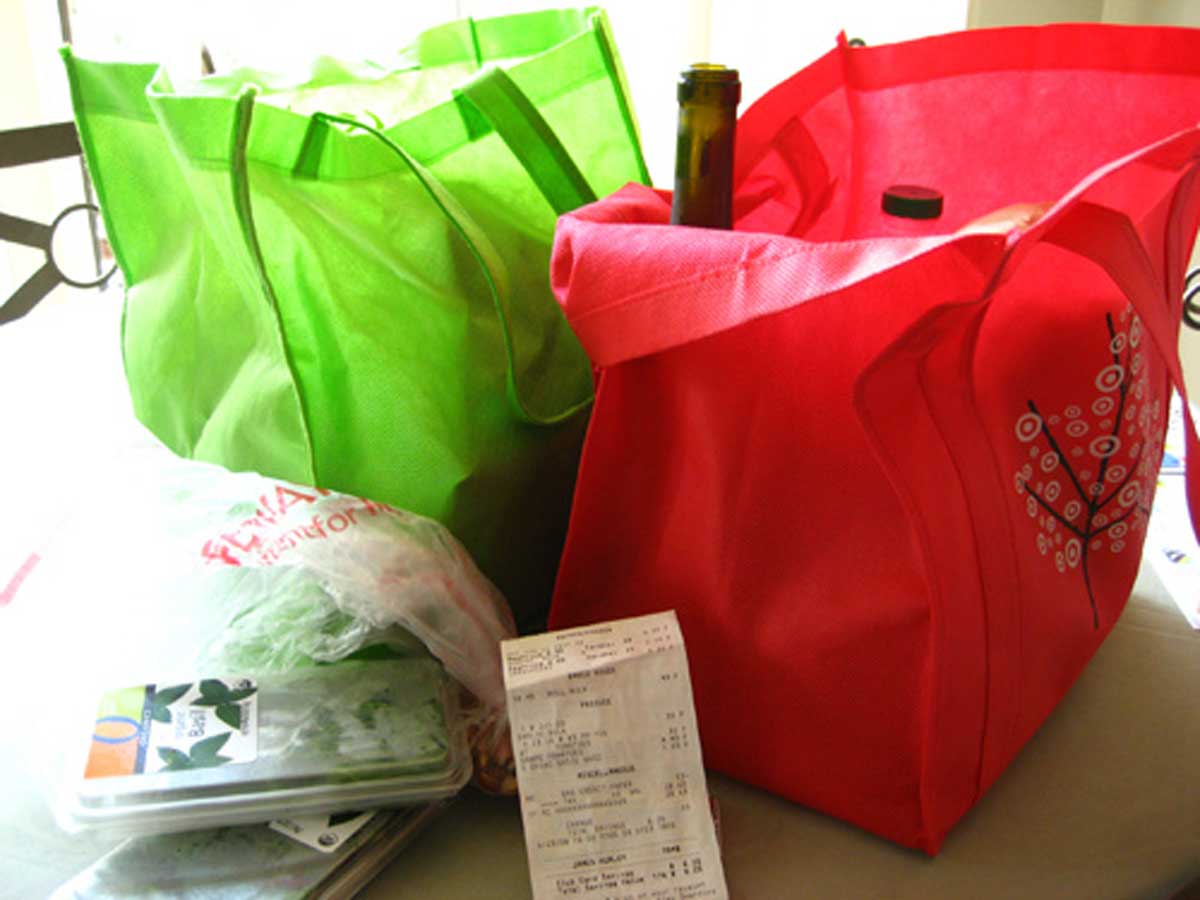Fast fashion is well and truly out of season. It has encouraged many consumers to take a pause and think about what sort of practices they want to support and how their shopping habits can be more eco-friendly. If this is something you want to be more accountable to going forward, here are some tips to being more environmentally conscious.
Second-hand Styling
Giving clothes a second life is a great way to see the circular economy in action, and it’s an ethical way to grow your fabulous wardrobe. There is a perception that you can only score a thick jacket or a pair of gumboots second hand, but you might be thinking a little too small. There is more to second-hand shopping than your local op shop, you can even make it a premium shopping experience.
If you know where to look you can actually find second hand Louis Vuitton bags or even a vintage outfit, typically from a consignment store or a dedicated luxury trader or even a vintage store. As some of these designer labels are known for poor environmental practises, this might be a way you can offset that impact and justify your purchase from this designer label!

Material Research
Another way to shop more environmentally is to be critical of the material and fabrics you are purchasing. Ideally, you want to be sourcing materials that are natural and not using synthetic fabrics that increase the number of plastics in the world or other harmful materials.
Organic cotton, linen and bamboo are great places to start, and while you are at it, ensure that the manufacturing sites are also ethical and complying with environmental best practices. You can also do further research into the dyes they use, their employee treatment, and what their company policy is on waste. This might prompt you to choose your new favourite brands based on their environmental values.
Reusable Utensils
Eco-friendly shopping can extend to every area of your life. This includes eating out, eating in and anywhere you engage with single-use goods. Equipping yourself with reusable utensils at your home, work or even in your bag will mean you are always prepared and not contributing to the single-use consumption that is harming our society and oceans. While single-use bans are rolling out in parts of the world, there is always more we can be doing to prevent poor practices and actually enjoy reusable utensils.
If you are not sure what we mean by that, think straws, cutlery and chopsticks. Even bands, containers, wraps and clips will reduce the need for cling wrap. Include coffee cups and reusable bags on your list and you will be ready for any occasion.
Repair Instead Of Replacing
It might seem like a radical idea, but replacing your television, clothes or any miscellaneous item because they break or show wear is not eco-friendly. We are just contributing to landfill or the recycling plants that are working with items that are actually used or broken.
Challenge yourself to repair and not replace, and take out the needle and thread or watch a YouTube tutorial to figure out how to repair what seems broken. Not only will you save unnecessary spend, but you will give an item a second life.
If the repair job is out of your skillset (you don’t want to be doing anything unsafe) get a quote on how much it costs to fix, as this figure might still be far cheaper and responsible than throwing it away entirely.
Support Environmental Brands
Whether you are or not yet supporting environmental brands, ask yourself whether you could be doing more to support their bold goals. Telling friends about the amazing bamboo underpants you have is a great start, and so is reviewing their products on Google, social media and anywhere that future customers can see and jump on board.
Fast fashion brands typically have no trouble finding new customers as the prices are cheap, so think about how you can support brands that cost a little more but will last forever and not harm our earth.
Don’t Go Past A Sale
Do you shop by price, quality or convenience? Shopping environmentally can actually be all three. Buying perishables that are about to go out and are on sale is a great way to fight food waste, especially if that food has come from an animal.
Beef that goes out the next day can be cooked and enjoyed that night for a fraction of the price, and given that beef farming is one of the largest contributors to pollution – you are making sure that impact is slightly less.
Many call this opportunity shopping or even freeganism, but it ultimately means that you are going to be eating a range of different things going forward – whatever is about to be wasted.
Here are just a few eco-friendly shopping habits that you can adopt to make your impact. Many of these tips will not force you to live too differently, but they will encourage a little more consideration at home and when at the shops.

